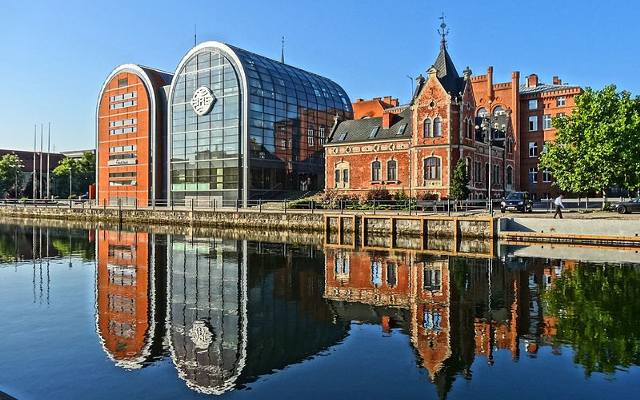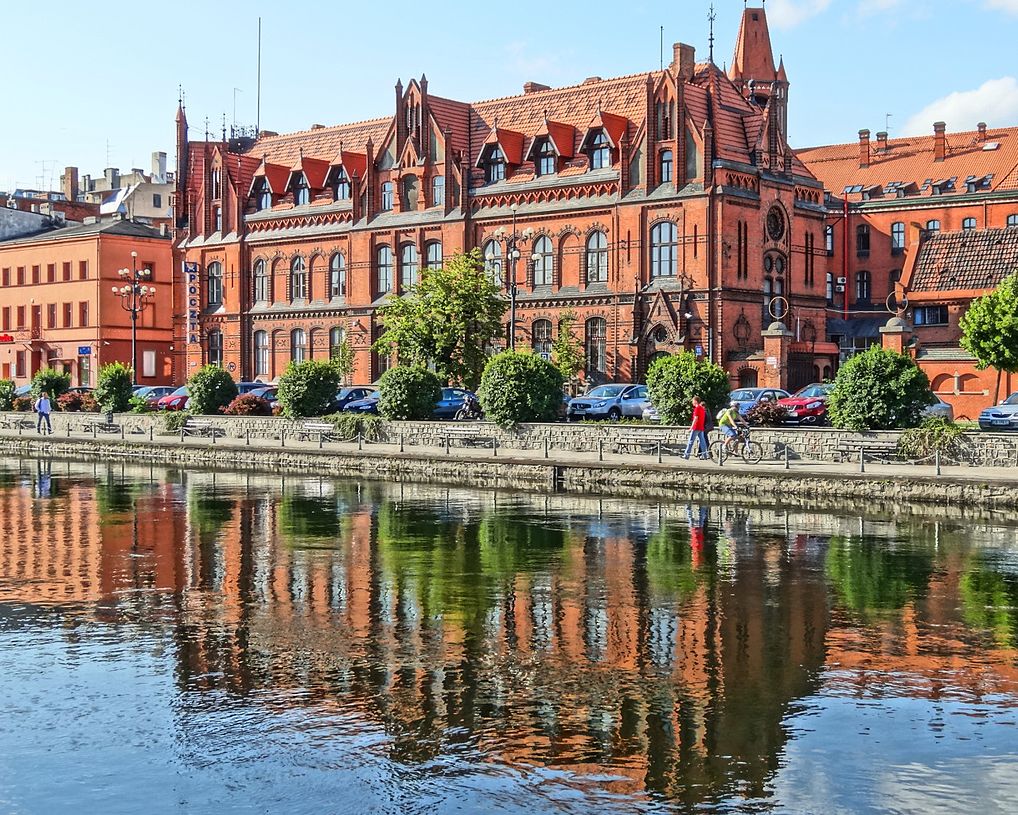|
|
Post by Bonobo on Jan 9, 2010 22:35:56 GMT 1
Bydgoszcz is one of major cities in Poland, so it deserves a seperate thread. Another one, as there is already one started by Tufta. polandsite.proboards.com/index.cgi?board=cities&action=display&thread=816Bydgoszcz is a city located in northern Poland, on the Brda and Vistula rivers, with a population of 358,029 (June 2009), agglomeration more than 460 000, which makes it the 8th biggest city in Poland.
Bydgoszcz is part of the metroplex Bydgoszcz-Toruń with Toruń, only 45 km away, and over 850,000 inhabitants. Bydgoszcz is the seat of Casimir the Great University, University of Technology and Life Sciences and a conservatory as well as a Collegium Medicum of Nicolaus Copernicus University in Toruń. Bydgoszcz has a famous Concert Hall (Filharmonia Pomorska), opera house Opera Nova, More: en.wikipedia.org/wiki/Bydgoszcz         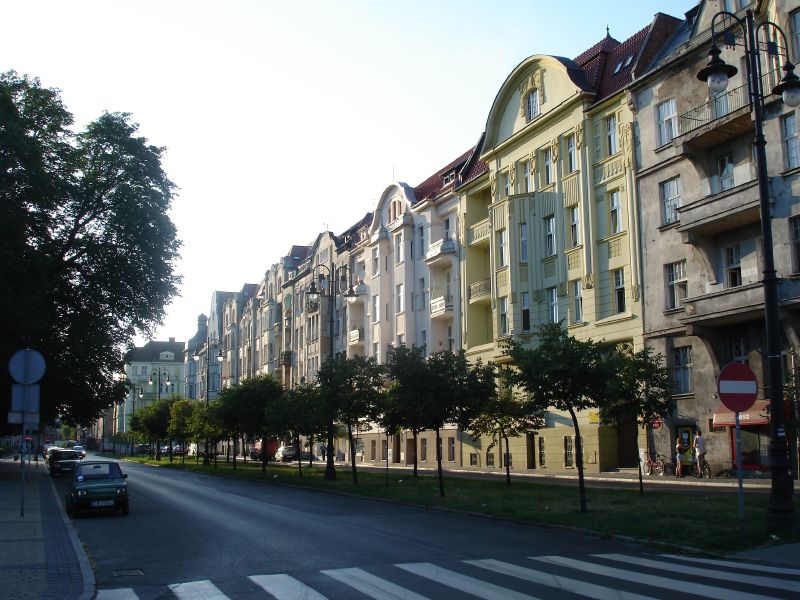 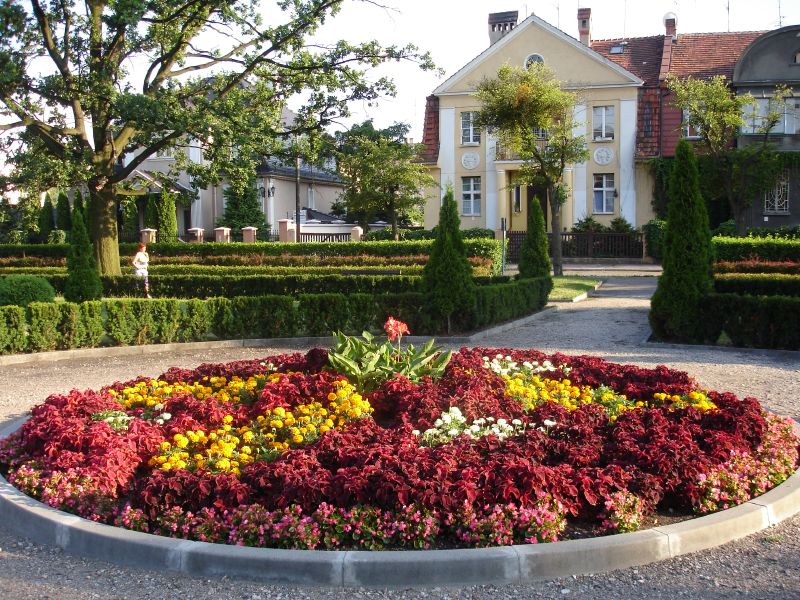 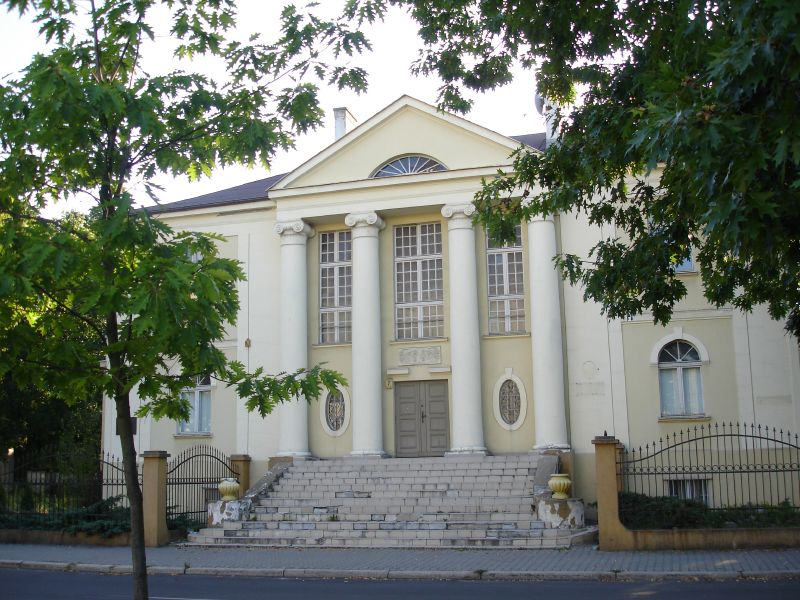   |
|
|
|
Post by valpomike on Jan 10, 2010 18:38:23 GMT 1
Still more great photo's, thank you very much, now I miss Poland, even more.
Mike
|
|
|
|
Post by pjotr on Mar 3, 2013 15:05:04 GMT 1
History of Bydgoszcz During the early Slavic times a fishing settlement called Bydgozcya (" Bydgostia" in Latin), the city became a stronghold for the Vistula trade routes. In the 13th century it was the site of a castellany, mentioned in 1238. The city was occupied by the Teutonic Knights in 1331, and incorporated into the monastic state of the Teutonic Knights. The city was relinquished by the Knights in 1343 with their signing of the Treaty of Kalisz along with Dobrzyń and the remainder of Kuyavia.  The Teutonic KnightsKing Casimir III The Teutonic KnightsKing Casimir III of Poland, granted Bydgoszcz city rights (charter) on April 19, 1346. The city increasingly saw an influx of Jews after that date. In the 15th–16th centuries Bydgoszcz was a significant site for wheat trading. The Treaty of Bydgoszcz agreed in 1657 by King John II Casimir Vasa of Poland and Elector Frederick William II of Brandenburg-Prussia created a military alliance between Poland and Prussia while marking the withdrawal of Prussia from its alliance with Sweden.  King Casimir III of Poland King Casimir III of PolandBydgoszcz followed the history of Greater Poland until 1772, when it was annexed by the Kingdom of Prussia in the First Partition of Poland and incorporated into the Netze District as Bromberg and, later, West Prussia. During this time, a canal was built from Bromberg to Nakło which connected the north-flowing Vistula River via the Brda to the west-flowing Noteć, which in turn flowed to the Oder via the Warta. In 1807, after the defeat of Prussia by Napoleon, and the signing of the Treaty of Tilsit, Bromberg became part of the Duchy of Warsaw. In 1815 it returned to Prussian rule as part of the autonomous Grand Duchy of Poznań (the Province of Posen after 1848) and the capital of the Bromberg region. After 1871 the city was part of the German Empire. After World War I and the Great Poland Uprising, Bromberg was assigned to Poland in 1919. The local populace had to acquire Polish citizenship or leave the country. This led to a significant decline of ethnic Germans, whose number within the town decreased from 74,292 in 1910 to 11,016 in 1926 and from 31,212 to 13,281 within the district. In 1938 it was made part of the Pomeranian Voivodeship. From 1939–45 during World War II, Bydgoszcz was occupied by Nazi Germany, in the Invasion of Poland and annexed to the Reichsgau Wartheland as the seat of the district or county (kreis) of Bromberg . On September 3, 1939, shortly after the war started, the Bromberg Bloody Sunday incident occurred; the incident was used in Nazi propaganda and as an excuse for reprisals against the Polish population, following the occupation of the city by the Wehrmacht on September 9.  Mass execution of Polish intelligentsia that took place near Bydgoszcz Mass execution of Polish intelligentsia that took place near BydgoszczThe city's Jewish citizens were repressed and thousands of people were sent to concentration camps and/or executed. Bromberg was the site of Bromberg-Ost, a women's subcamp of Stutthof. A deportation camp was situated in Smukała village, now part of Bydgoszcz. According to Nowa encyklopedia powszechna PWN, 37,000 citizens of the city died during the war.  Bydgoszcz, Poland, German soldiers arresting Jews. Bydgoszcz, Poland, German soldiers arresting Jews. German announcement that Bydgoszcz is free of jews German announcement that Bydgoszcz is free of jewsIn 1945 Bydgoszcz was taken by the Soviet Red Army. After the Yalta Agreement, it was assigned to Poland, which later became a Soviet satellite in the Warsaw Pact. In March 1981 Solidarity's activists were violently suppressed in Bydgoszcz. ( en.wikipedia.org/wiki/Bydgoszcz_events ) 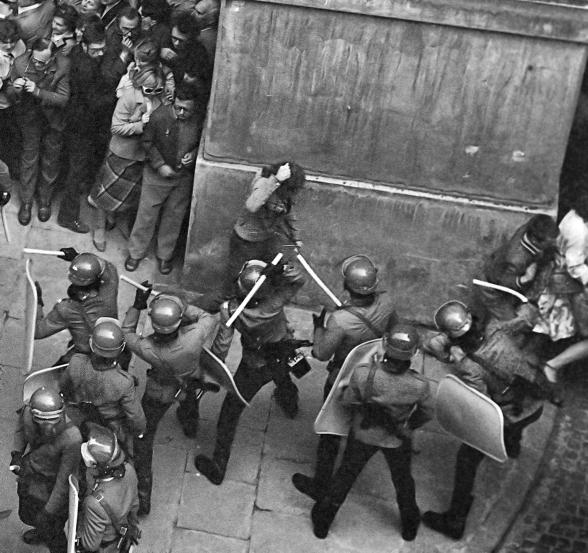
|
|
|
|
Post by Bonobo on Oct 11, 2018 22:42:21 GMT 1
|
|





























